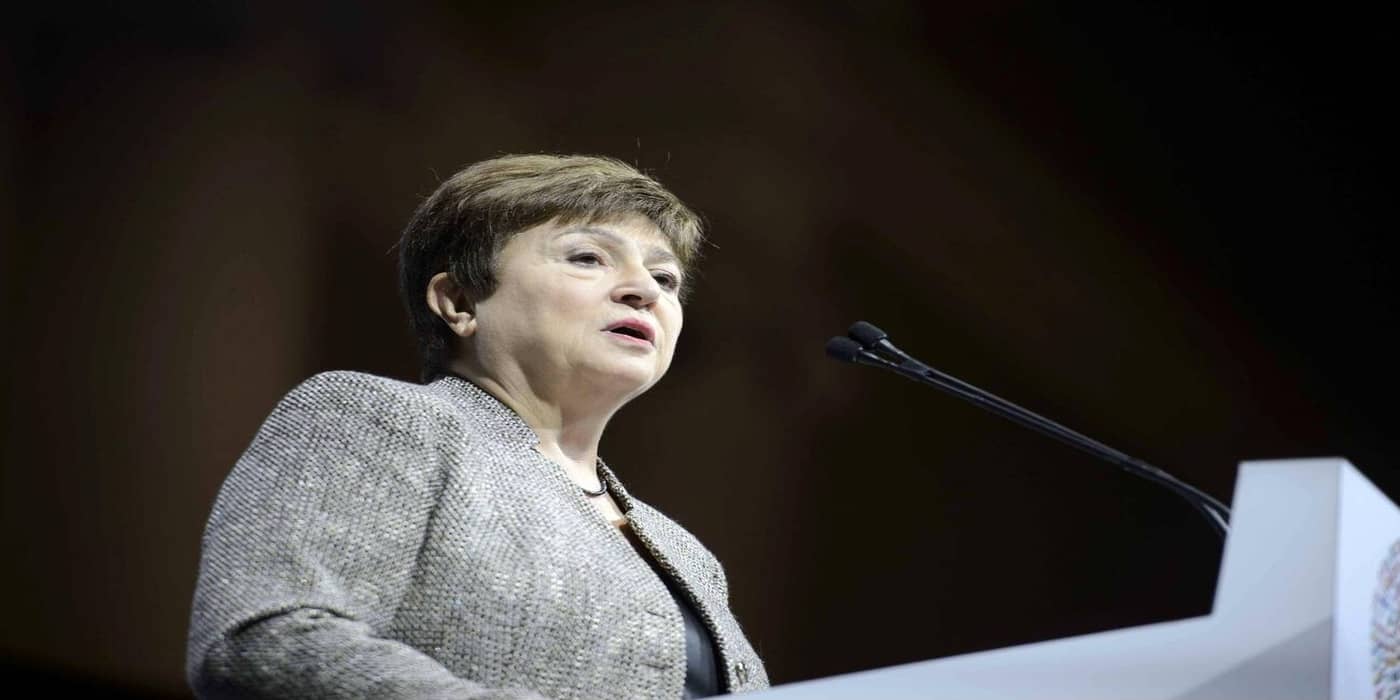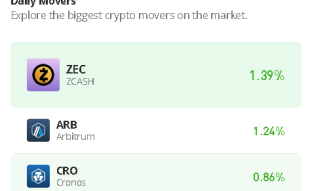Join Our Telegram channel to stay up to date on breaking news coverage
For CBDCs to work effectively, the International Monetary Fund recommends global interoperability.
The International Monetary Fund (IMF) is actively developing a global platform to enhance interoperability among Central Bank Digital Currencies (CBDCs) introduced by various governments worldwide. The IMF recognizes the significance of establishing widespread consensus on this platform to prevent private market cryptocurrencies from occupying the functional void left by CBDCs.
By fostering collaboration and standardization, the IMF’s efforts could safeguard the stability and effectiveness of digital currencies globally, ensuring a balanced financial ecosystem for governments and individuals.
CBDCs: Preparing for the Future
IMF Managing Director Kristalina Georgieva emphasized the agency’s platform as a catalyst, empowering cross-border transactions of Central Bank Digital Currencies (CBDCs) with global reach and seamless efficiency.
CBDCs should not be fragmented national propositions,” Georgieva told African central banks at a conference in Rabat, Morocco. “To have more efficient and fairer transactions we need systems that connect countries: we need interoperability,
She explained,
For this reason, at the IMF, we are working on the concept of a global CBDC platform,
Central Bank Digital Currencies (CBDCs) offer a digitally native currency issued by a central bank, similar to traditional fiat currencies. These CBDCs can be backed by fiat currency, gold, or considered equivalent to such assets by the central bank. It is crucial to note that when cryptocurrencies lack this design, they become “speculative investments,” as highlighted by Georgieva.
CBDCs present potential advantages, such as enhancing financial inclusion and lowering payment expenses. Remittance fees average 6.3%, totaling a staggering $44 billion annually. Implementing CBDCs could address these challenges and pave the way for a more inclusive and cost-effective financial system.
She explained,
If countries develop CDBCs only for domestic deployment, we are underutilizing their capacity,
The Managing Director, 114 countries are currently engaged in various levels of exploration concerning Central Bank Digital Currencies (CBDCs), and a notable 10 have successfully reached the implementation stage. While numerous nations remain in the initial phases of deliberation, countries like the United States and Canada are still deliberating on the merits and feasibility of venturing into CBDC development.
Private cryptos are opposed
The adoption of Bitcoin as a legal tender in El Salvador has garnered attention for its potential to facilitate cheaper remittances. The introduction of the state-sponsored Chivo wallet emphasizes this advantage.
However, the International Monetary Fund (IMF) has expressed concerns about the economic stability of El Salvador due to the current status of Bitcoin. Despite the IMF’s reservations, President Nayib Bukele disregarded their advice.
In addition to Bitcoin, private stablecoins like Tether (USDT) and Circle’s USDC have faced scrutiny due to the risks associated with their ability to depeg and concerns about their reserves. The IMF has recommended that stablecoin issuers should be subject to regulations similar to those imposed on banks in a five-point crypto regulation scheme proposed earlier this year.
Join Our Telegram channel to stay up to date on breaking news coverage


